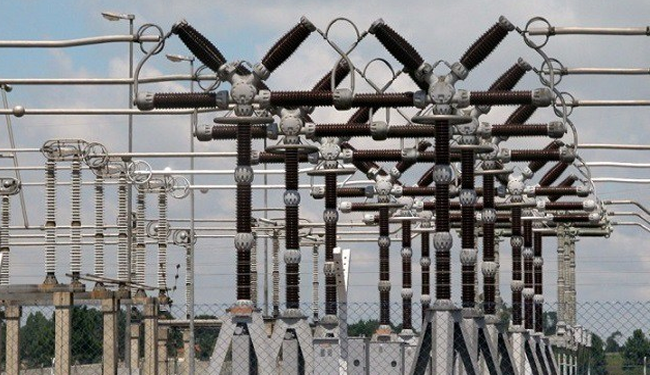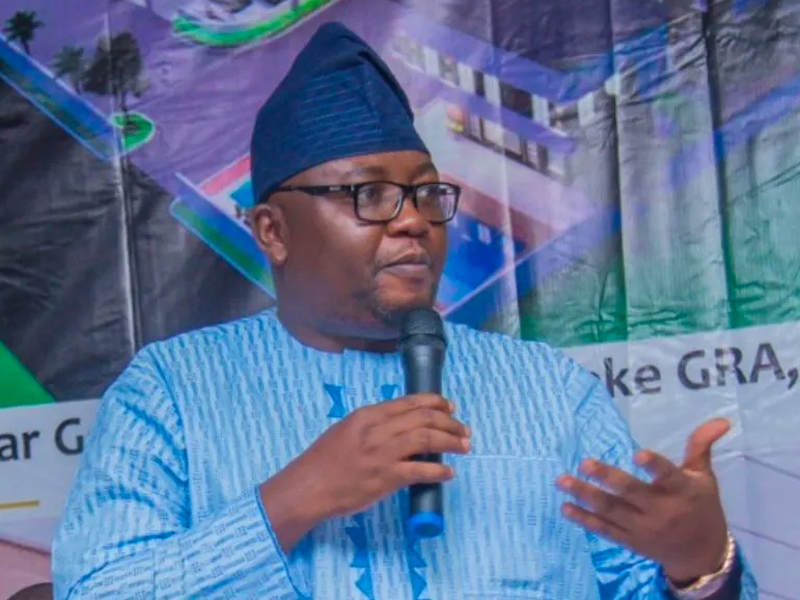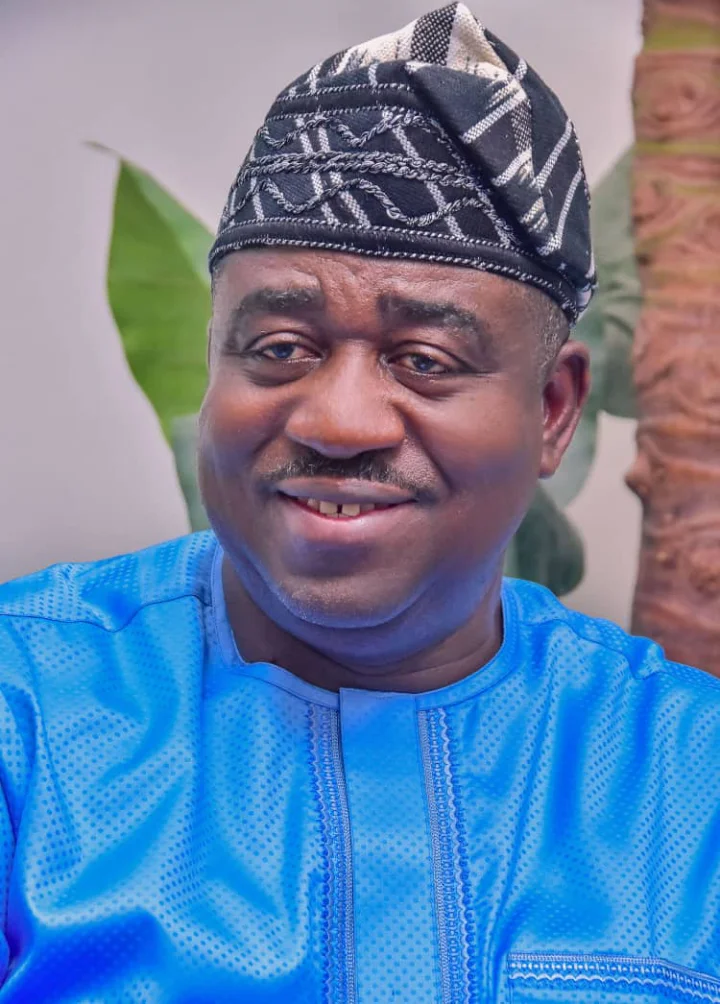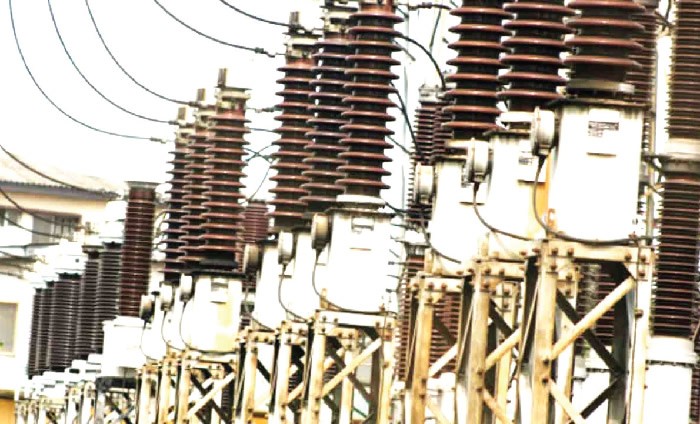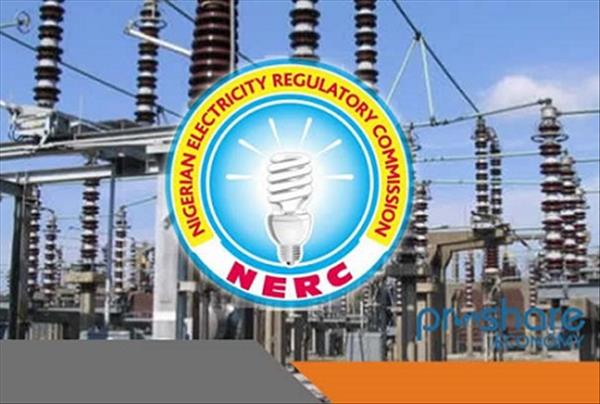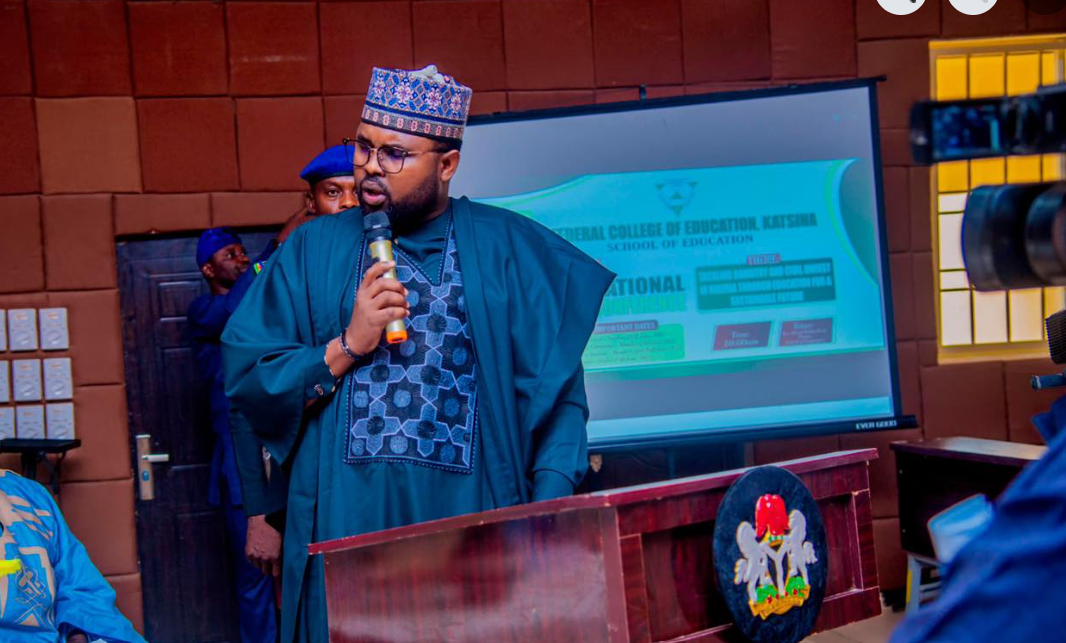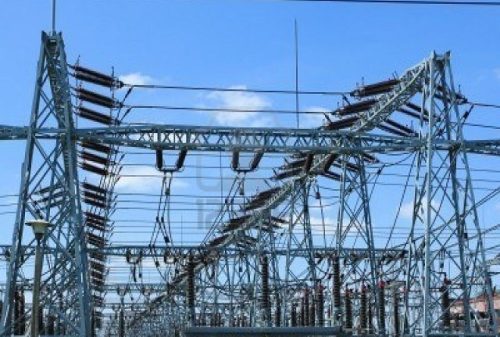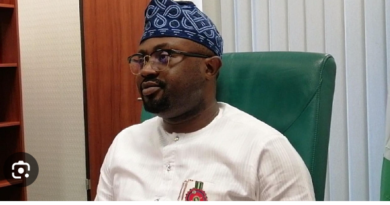Federal Executive Council Approves New Electricity Policy to Tackle Sector Challenges
The Federal Executive Council (FEC) has officially approved the National Integrated Electricity Policy (NIEP), introducing a new and comprehensive strategy to reshape Nigeria’s electricity supply industry. This policy, which had been in development since December 2024, marks a major milestone aimed at addressing long-standing challenges such as infrastructure deficits, poor investment, and regulatory inefficiencies across the power sector.
Announced on Monday by Bolaji Tunji, Special Adviser on Strategic Communications and Media Relations to the Minister of Power, the approval of NIEP came during an FEC meeting and signifies the federal government’s commitment to overhauling the Nigerian Electricity Supply Industry (NESI). Tunji emphasized that the roadmap aligns with Section 3(3) of the revised Electricity Act, 2023, and aims to bring Nigeria’s electricity structure in line with both national development goals and global standards.
Minister of Power, Adebayo Adelabu, described the NIEP as a transformative blueprint designed to guide Nigeria’s transition into a more sustainable, efficient, and inclusive energy future. He revealed that while implementation of the policy had already commenced, its ratification by the president would now accelerate its roll-out, bringing practical changes to the way power is generated, transmitted, and distributed nationwide.
Adelabu said the roadmap provides clear strategies for enhancing renewable energy integration, strengthening energy efficiency, and fostering better governance within the power sector. The goal is to fix persistent issues that have long plagued the electricity system, such as insufficient grid infrastructure, weak regulatory oversight, and the lack of private investment.
He further explained that the NIEP replaces the outdated National Electric Power Policy of 2001, which no longer reflects the complexities of Nigeria’s current power landscape. In contrast, the new policy promotes a decentralised, yet coordinated approach, enabling state-level electricity markets to emerge while maintaining overall coherence in energy planning and regulation.
According to Adelabu, the document was the product of extensive consultations with stakeholders across government agencies, private industry, civil society organisations, academia, development partners, and consumer advocacy groups. This collaborative effort ensures that the policy is both inclusive and adaptable to Nigeria’s evolving electricity demands.
Describing the NIEP as a “living document,” Adelabu highlighted its flexible nature, allowing it to evolve alongside industry developments. He also underscored its commitment to innovation, consumer protection, and gender and social inclusion.
Structured across eight chapters, the policy presents a detailed analysis of the electricity sector’s historical challenges, market design, value chain dynamics, and climate change strategies. It also incorporates measures to boost local content, support research and development, and establish robust legal and regulatory frameworks.
With this new policy in place, the Nigerian government hopes to usher in a new era for the power sector—one marked by greater efficiency, investment, and sustainability, ultimately enhancing energy access for all Nigerians.

